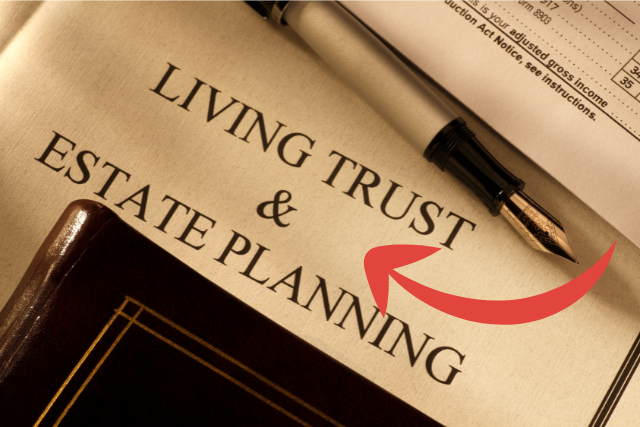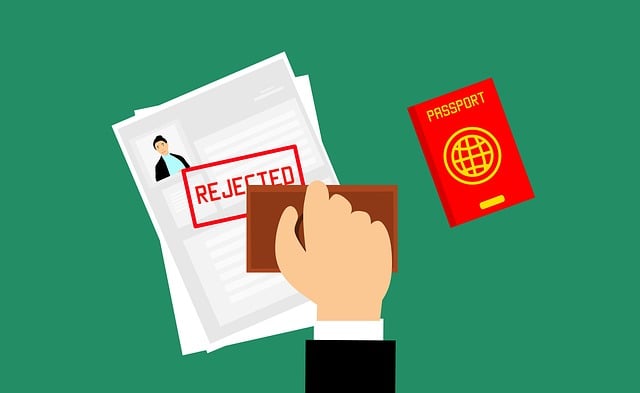What to Expect When Working With a Family Lawyer
Thinking about hiring a family lawyer can feel like stepping into the unknown. Whether you’re dealing with separation, parenting arrangements, property division or something else entirely, there’s usually a lot at stake, both emotionally and legally.
So, what’s it actually like to work with a family lawyer? What can you expect from the process, the relationship, and the outcomes?
It Starts With a Conversation
The first meeting isn’t about bombarding you with legal jargon or pushing paperwork across the table. It’s usually a conversation. Expect the lawyer to ask questions about your situation, but also expect them to listen. A good family lawyer Sydney wants context: what’s happened, what matters to you, what outcomes you’re hoping for.
You don’t need to have all the answers. You don’t even need to be 100% sure about what you want yet. That first meeting is a chance to get clarity and start shaping a plan.
Here’s what to bring with you if you want to feel prepared:
- Basic documents – marriage certificate, financial statements, parenting plans (if any), and any legal documents you’ve already received or signed.
- Timeline of events – major dates like separation, property purchases, parenting arrangements.
- Questions – don’t hold back. This is your chance to ask about fees, timeframes, possible outcomes, and what the lawyer can actually do for you.
It’s Not a One-Size-Fits-All Process
Family law covers a wide range of issues. The process you go through will depend heavily on your situation. A separation with no kids and limited assets looks very different to a complex parenting matter or a high-conflict financial dispute.
That said, there are some common stages that most people will experience:
- Initial advice – Understanding your rights and responsibilities, plus what paths are available (negotiation, mediation, court, etc).
- Information gathering – This includes financial disclosure, parenting history, and sometimes reports or assessments.
- Negotiation – The goal is usually to try resolving things without court. This could be done through lawyers, mediation, or direct discussion with support.
- Formalising agreements – If you reach an agreement, the lawyer can help draft legally binding documents so it’s properly finalised.
- Court (if needed) – If resolution isn’t possible, court becomes necessary. It’s usually a last resort, but in some cases, it’s the only real option.
Expect Honesty – Even If It’s Hard to Hear
One of the key roles of a family lawyer is to tell you what’s realistic. That might mean advising you to compromise on something you feel strongly about, or explaining that a preferred outcome isn’t likely.
It’s not always what people want to hear. But it’s often what they need to hear.
The law might seem black and white, but family law is filled with grey areas. Outcomes are shaped by context, precedent, and how the evidence stacks up. A good lawyer won’t promise you the world. They’ll give you honest guidance so you can make informed choices.
And yes, sometimes that involves telling you when you’re being unreasonable. That’s not them taking sides; it’s them doing their job properly.
Your Lawyer Isn’t Your Therapist
It’s a common mistake, and an understandable one. Family breakdown is emotional, sometimes traumatic. But while your lawyer will absolutely listen and show empathy, their role is legal, not therapeutic.
They’ll help you make clear-headed decisions. They’ll advocate for you. They’ll push for a fair outcome. But they won’t (and shouldn’t) become your emotional support system.
That’s where support networks, counsellors, or psychologists come in. In fact, many family lawyers will encourage you to get support from professionals who specialise in helping people emotionally during big life transitions.
You’ll Still Be in Control
There’s a misconception that once you hire a lawyer, they take over and start running the show. In reality, the best family lawyers work with you, not instead of you.
They guide you through the process, explain your options, and manage the legal side. But every big decision—whether to settle, whether to go to court, what terms to agree to—is yours to make.
You’re the one living with the outcome. Your lawyer’s job is to make sure you understand what you’re signing up for at every step.
Fees Can Add Up – But They Should Be Predictable
Let’s talk about money. Legal fees aren’t cheap. But they also shouldn’t be a complete mystery.
Most family lawyers will outline their fees early on. Some offer fixed-fee options for certain services, while others bill hourly. Either way, you should know upfront what you’re likely to be charged and what that covers.
You can also ask:
What work will you be doing yourself, and what will be delegated to junior staff?
Are there any court filing fees or third-party costs to expect?
How often will invoices be issued, and what payment options are available?
If something doesn’t make sense in the billing, ask. Transparency is key.
It’s a Marathon, Not a Sprint
Family law matters often take longer than people expect. Even a seemingly straightforward matter can stretch over several months. If the court is involved, you could be looking at a year or more.
This doesn’t mean you’ll be in meetings every week or stuck in constant paperwork. But it does mean you need to be prepared for the long haul. Delays happen. Complications pop up. Negotiations can stall and restart.
Try to think of the process as unfolding in stages, rather than being one big, dramatic showdown.
You Might Surprise Yourself
One thing many people don’t expect? Personal growth. Working with a family lawyer means making decisions, having boundaries, standing up for yourself, and thinking about the future. It’s rarely easy, but it can be empowering.
You’ll probably learn more about your rights, about how you communicate, and about what really matters to you than you ever planned to. That’s a good thing.
Know Where You Stand
Working with a family lawyer isn’t about fighting or dragging things through court. It’s about getting clarity, making smart decisions, and moving forward.
The legal side might feel overwhelming at first. But once you’re in the process, with the right support, things start to make sense. You don’t need to know everything from day one. You just need to be open, honest, and willing to take that first step.
Knowing what to expect helps you stay grounded, so you can focus on what matters most.







